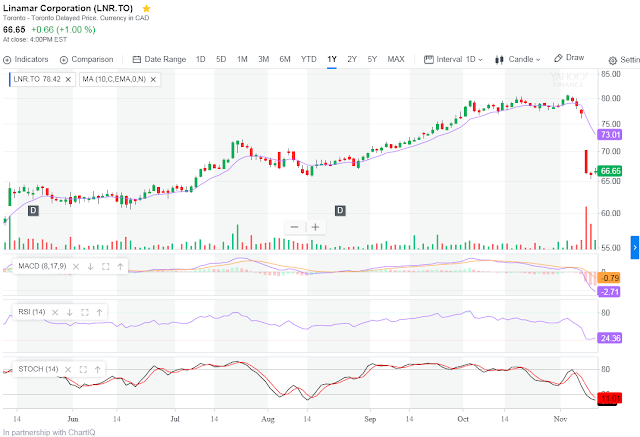People Don’t Buy Gold to Make Money; They Buy It Because They Have Money
Performance and Trading
You heard the saying, but what does it really mean? We live in a world where performance is stressed. Hedge funds can be measured on a monthly basis. Twenty percent charges on profits are levied by fund making their view short-term. Daily assessments are made, comparing one sector to another giving the impression that short-term performance is what it’s all about. But is it? No it is not.
Just look at where real wealth resides and why it’s there. Old Money means wealth held for many generations. How can wealth be held in this way, and how was it made up? While that’s a huge subject and one we cannot cover here, it’s important for you to realize that this was not made on a monthly, trading basis. It certainly was not made through day or week or month trading. Many traders do well several times and then on a “certainty”, go into an investment that costs them their past profits, and more –this is more akin to gambling. Looking at a month to month trading performance as the measure of investing ability, the investment manager is being measured on his ability to trade short-term and not on his investment abilities. Genuine wealth-building ability is a far broader subject than this, as the wealthy know.
It is possible to trade well. We do know of a trader who consistently made exceptional profits over a long period. He chose a share that was out-of-sight from the general market in London –a tin share called Ayer Hitam in central Malaysia. The chart pattern was an even, consistent set of waves that followed the same highs and lows over time. He would follow that and buy low and sell high while it stayed below the markets radar. He made an absolute fortune for himself, but his trading was very different from today’s meaning of trader. One of our friends, a professional trader who hosts a trading site, confirmed that 52% of trades succeed. The profits are entirely dependent on the trader and his ability to manage technical analysis and not the underlying investment. Fundamentals are not considered such a high priority in such trading. The point we want to emphasize is that trading is not investing!
Through my own experience as a Fund Manager, I’ve learned that by far the most successful strategy and wealth-builder is to take a long-term approach and only trade the occasional mid-term major corrections, aiming at 30% moves, or so. The emphasis of successful investing focuses on investments that do well in the bad times. Select investments that can withstand the sort of tribulations we’ve seen in the last four and a half years and you can see that not losing money or profits ensures that you can build your wealth when the times are good. This requires a deeper approach to investing, covering economics, finance, and business; it more than just ‘punting’ the charts. But that’s real wealth creation investing, still there when you retire or die. And after all, isn’t it true that the best investor is the one that has made the most when he dies?
One of the most successful wealth creating vehicles of the past 30 years has been a share called De Beers, a diamond company with a difference…
Read the rest of the article

Comments